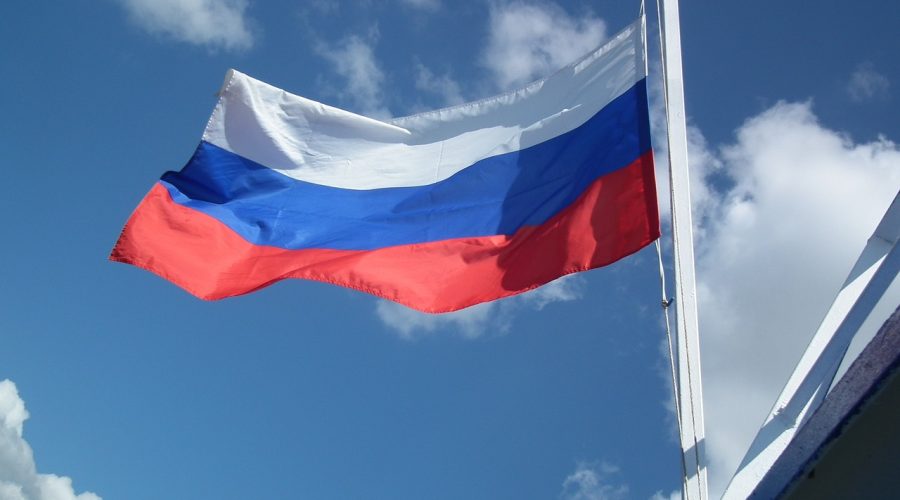
Recent reports on HIV in Russia suggest the country’s response to the epidemic continues to spiral to new depths. Reduced state funding, prohibitions on external funding, and crackdowns on the activities of civil society organisations are severely affecting the HIV response. In August, the AIDS.CENTER Foundation, a Russian non-governmental organisation (NGO) providing essential services, including HIV testing, treatment, and education, failed to secure crucial state grants. In 2025, foreign funders, including the Elton John AIDS Foundation and Aidsfonds, ceased operations in the country.
For years, Russia has struggled with a burgeoning HIV epidemic. Historically, the epidemic has been fuelled by the government’s inadequate and hostile response, with little or no investment in public health campaigns and sex education, criminalisation of harm reduction strategies for people who inject drugs, and entrenched stigma and discrimination against groups most vulnerable to HIV.
Accurate epidemiological data on the epidemic are difficult to ascertain. Official statistics are no longer communicated to WHO, and within the country there are competing information sources with inconsistent and patchy reporting. Estimates suggest there are over 1·2 million people with HIV in the country. In 2021, Russia accounted for 3·9% of new HIV infections worldwide—the highest share in the European region and the fifth-highest globally. Data from the AIDS.CENTER website show that 51 984 new HIV diagnoses were registered in 2024, with an incidence of 35·4 per 100 000 people and an estimated prevalence of 831·8 per 100 000 people. Until recently, the epidemic was concentrated among key populations such as men who have sex with men, female sex workers, and people who inject drugs, but indications are that the epidemic has now expanded to the general population. For example, data for 2023 showed that, in at least 16 regions, the proportion of pregnant people with HIV had exceeded 1%, the threshold that is considered suggestive of a generalised epidemic.
The already precarious nature of government resources for HIV has been exacerbated by shifting funding priorities to the war with Ukraine. Before the war, government HIV testing and treatment programmes were already hugely constrained by inadequate funding, resulting in large gaps in early diagnosis and inconsistent treatment availability. State procurement of antiretrovirals consistently fails to provide enough coverage for treatment, and in 2024, only provided coverage for 70% of those registered for treatment, and only 50% of the total population of people with HIV. Antiretroviral shortages are commonplace (eg, in 2023 there were 343 reports of shortages), leading in many cases to treatment interruptions. In 2024, treatment was interrupted for 43 754 people. Shortages of antiretrovirals are not the only problem. Availability of diagnostics has also been affected, and limited access to viral load testing has been reported in 16 regions so far in 2025. Pre-exposure prophylaxis is not available at state facilities and only a small proportion of people have access through private prescriptions.
NGOs working with key populations have historically provided vital HIV services outside of state provision. Before the war, over 90 NGOs provided these services, including essential testing, treatment, and harm reduction, to populations most vulnerable to HIV. However, increasingly punitive legislation targeting the LGBTQ+ community and withdrawal of funding mean these organisations have or will cease to exist, with devastating consequences for the health and wellbeing of the people they serve.
Evidence is also growing of increasing numbers of HIV cases in the Russian military. In the fourth quarter of 2023, HIV had increased in the military by 20 times compared with pre-war figures. Suggested reasons for this surge include multiple use of single-use syringes in field hospitals and increasing risks of transmission because of interrupted treatment on the front line. And despite regulations prohibiting conscription of soldiers with HIV and other illnesses, Russian and Ukrainian media organisations have reported that many drafted conscripts, contract soldiers, and prisoners with HIV are serving on the front line.
For years, Putin’s Government has failed to address the health needs of people affected by HIV in Russia. Stigma and marginalisation were used to excuse inadequate funding, restrictive legislation, and a lack of transparency about the scale of the problem. While officials brushed the issue under the carpet, NGOs were able to provide some support and care for people affected by HIV. But with the closure of NGOs and the impact of the illegal invasion of Ukraine, in the face of a generalised epidemic, the neglect of HIV as a health priority is sowing the seeds for a health crisis.
Source : The Lancet HIV, Editorial
Related HIV and Co-Infections News
Get involved
Are you living with HIV/AIDS? Are you part of a community affected by HIV/AIDS and co-infections? Do you work or volunteer in the field? Are you motivated by our cause and interested to support our work?
Subscribe
Stay in the loop and get all the important EATG updates in your inbox with the EATG newsletter. The HIV & co-infections bulletin is your source of handpicked news from the field arriving regularly to your inbox.
